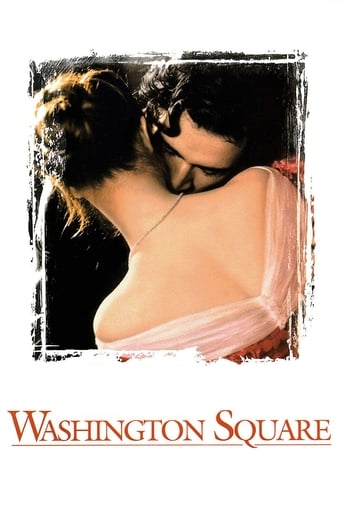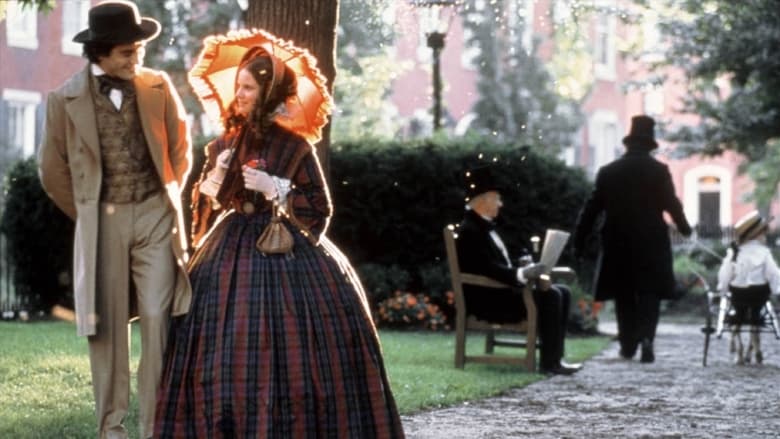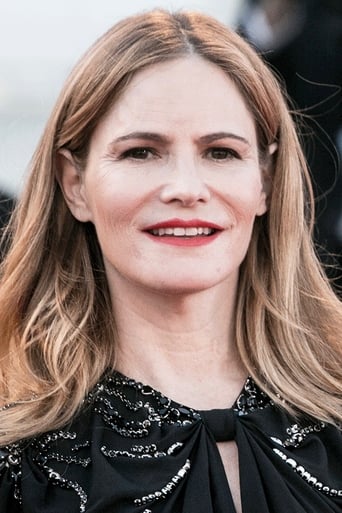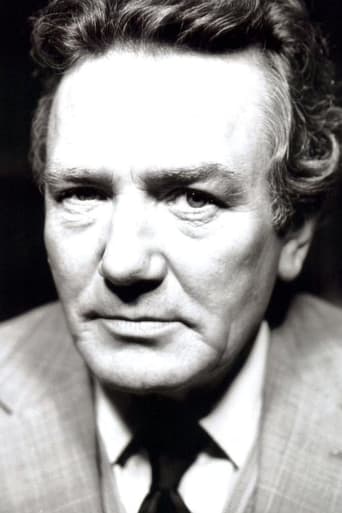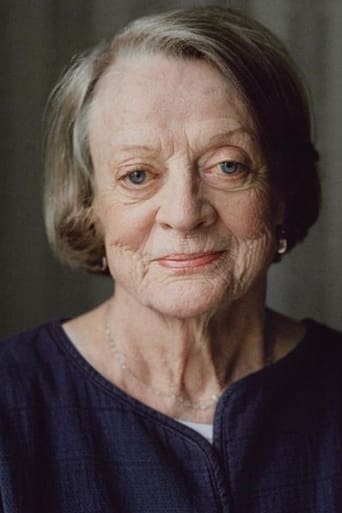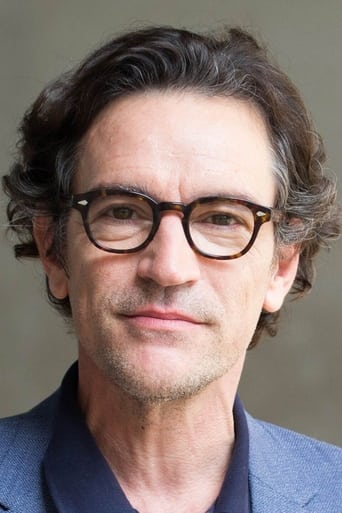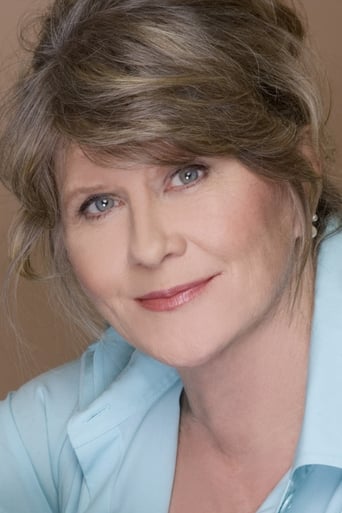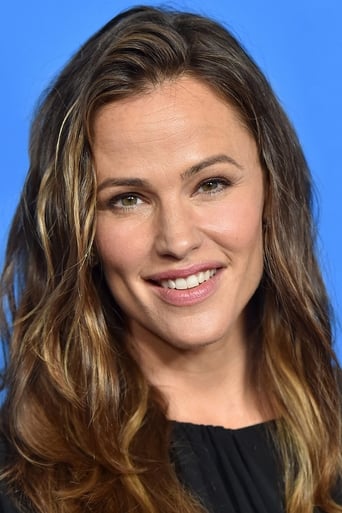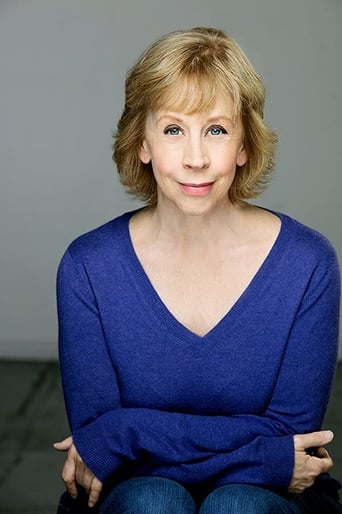Set in 1870's New York, a spinster heiress is courted by a much younger, penniless man, much to the chagrin of her over-protective father, and must decide whether to spend the rest of her life alone, or marry a man who is interested in her only because of her inheritence.


Similar titles

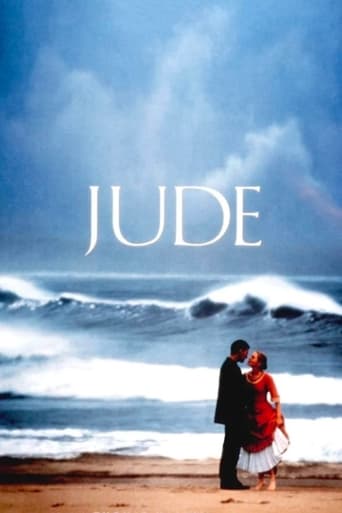
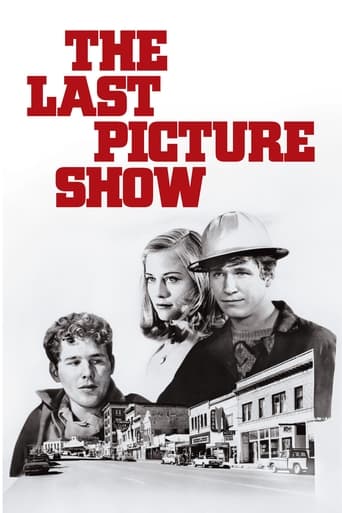
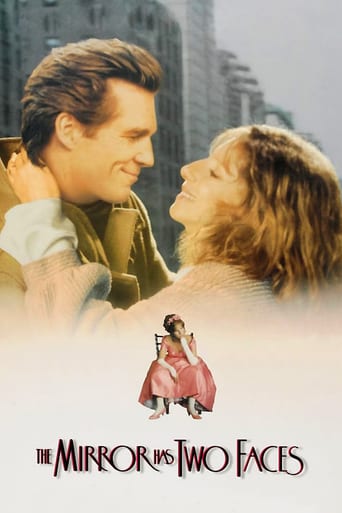
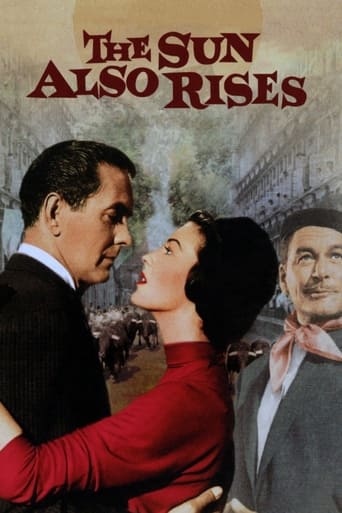
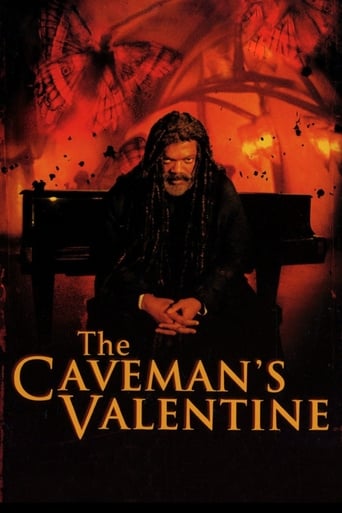

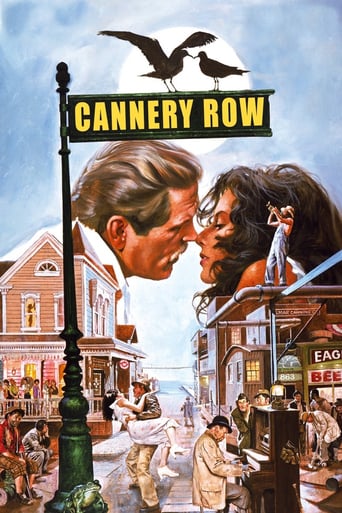
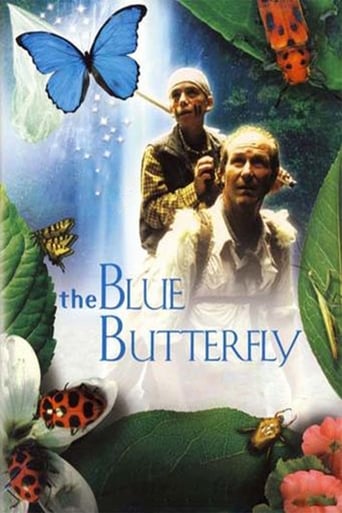
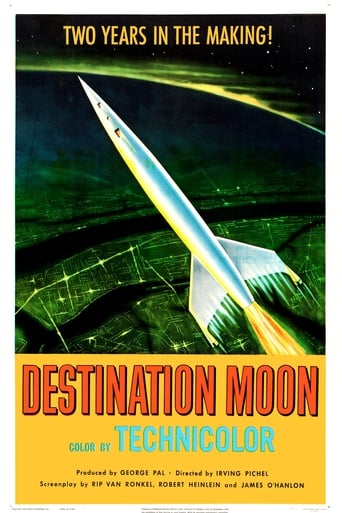
Reviews
First, this is the Henry James story from which "The Hereiss" was made with Olivia De Havilland and Montgomery Clift as the cad. Second, this Washington Square looks nothing like the Washington Square on whose benches I used to sleep in my wanton youth.In this adaptation, well, the stern Albert Finney is a wealthy 19th-century squire in New York. His beloved wife dies in childhood and what does he get in return? A gauche little piglet, eager to please but unaccomplished. She can't even sing. I can sing. You can sing. But Catherine can't sing. Moreover she gets so anxious she pees on the carpet in front of all the guests. OMG! At least Catherine grows up to be Jennifer Jason Leigh, which is a considerable improvement. As Randolf Scott said about his leading lady in one of his Westerns: "She ain't ugly." However, she's still treated by everyone as an untalented embarrassment to the family. Except at a dance where she meets the disarming and unspeakably handsome young Morris Townsend, played by Tom Chaplin, and this despite her wearing a dress that everyone -- even her father -- seems to perceive as "hideous." It looked okay to me. I know nothing about women's grooming but at least this appears to be post-Civil War New York because the styles include fulsome ringlets and not those unsightly loaves of hair that used to hang down over a lady's ears. At the same time, and I swear I'm not making this up, she's wearing grapes in her hair like Carravagio's Bacchus. End of comments on grooming.This charming Morris Townsend -- good family but no job and no money -- devotes a great deal of attention to Catherine. Dad, when not bathing in gold coins, has watched his piglet grow up from childhood, attributes the attention to greed, while the breathless Catherine sees his interest as entirely personal. Townsend's confrontations with Finney lead nowhere. One expresses his love, the other his cynicism. Albert Finney, as the slyly smiling Dad, doesn't trust Morris Townsend as far as he could toss him. Finney's character is tough-minded, as Henry James' brother William would have put it. He's brilliant at seeing through people and things. He's a good actor too. So is everyone else, even Chaplin, the weakest. But they're professionals enacting roles. They seem to do exactly what their characters would do. Except for Jennifer Jason Leigh who does that but who also brings something special to the role. She looks right: not by any means ugly but no glamour-puss either. Her most fleeting gestures don't just send up the right flag, they introduce peculiarly individual notes. It's not Catherine looking embarrassed and it's not quite Leigh looking embarrassed. Leigh and the scriptwriter have coordinated their efforts and constructed a recognizable personality in Catherine. A fine performance.The direction is functional and well done. I like the way Agnieszka Holland handles the scenes. The maids in these stories are generally nothing more than background figures scuttling around but here they carry their own personalities. The production design is nicely joined too. The Sloper apartment LOOKS Victorian with all those ferns and potted plants and mirrors and stone-heavy overstuffed furniture. It looks somehow unshakable -- practically eternal.Finney is unable to shake his daughter from her infatuation and takes her to France for six months as a trial. Then he extends the trip for another six months. "No doubt to one of those lesser countries, densely populated, that civilization has yet to reach," opines Finney's fussy sister, Maggie Smith, who is entirely on the side of the swain. Finney himself is no angel. He thinks so little of his daughter that he can't imagine anyone but a desperate man wanting her for a wife. And he has never forgiven her for her mother's death in childbirth. Leigh has a ten thousand dollar annuity but Finney intends to cut her off from his legacy if she marries Townsend. A conundrum all around. Townsend has found a job, ugh, and he leaves her for some months of business in New Orleans, promising to return and hoping to find her less distraught at his absence. She begs to be married and go with him but he refuses her. "You think too much of money," she tells him. Angry to the point of honesty, he shouts, "I wanted you for your money! Would you want me without MY attributes?" Good question. Maybe you can live on the fruits of love, maybe not, but can you live on the banana peels?I don't think I'll describe it but I found the ending confusing. I don't know what was going through either Catherine's head or Townsend's. Henry James considered the novella one of his lesser works. I think I enjoyed "The Heiress" more because of its relative clarity.
Henry James' WASHINGTON SQUARE is well served in this solid film whose screenplay was adapted by Carol Doyle and has been directed with secure wisdom of James' style by Polish director Agnieszka Holland )'Europa, Europa', 'Red', 'Blue', 'Copying Beethoven', etc). The musical score is in the capable hands of Jan AP Kaczmarek and the Director of Photography is Jerzy Zielinski, and with all these elements in place, the last ingredient in making this a successful adaptation of a Henry James novel is the cast. Fortunately the assembled cast matches the above credentials. Albert Finney is superb as the wealthy Dr. Austin Sloper who hoards his money in his mansion on Washington Square and whose overprotective rule of his less than attractive daughter Catherine (Jennifer Jason Leigh) - who is also under the influence of her overbearing Aunt Lavinia (Maggie Smith, still chewing the scenery as usual but convincing) - has put an impasse to Catherine's infatuation with the handsome but poor Morris Townsend (Ben Chaplin): if Catherine should choose to marry Morris she would be cut off as his heiress. James' models of womanhood are played well by Jennifer Garner as the niece that marries and breeds and her mother Aunt Elizabeth (Judith Ivey, currently wowing audiences in a revival of 'The Glass Menagerie'). Distance, imposed by the disapproving Dr. Sloper in escorting Catherine to Europe for a year, doesn't appear to squelch the passion between Catherine and Morris, but Morris finds work which takes him away from the returned Catherine, only to learn upon return that Catherine will not inherit her father's fortune - a glitch that sadly changes the relationship of what had appeared to be a true love romance. In the end the film follows Henry James' view of the world of his time - a palette for social criticism. Made in 1997, this film holds up very well indeed. Grady Harp
If you liked this movie, then you should try William Wyler's "The Heiress" (1949) featuring GWTW's Melanie, Olivia de Havilland and Montgomery Clift. Both of these movies contain moving performances from all of the lead actors. Catherine Sloper is skillfully portrayed as an unworldly, naive, young woman who falls for financially-unmatched, well-cultured, dashing Morris Townsend. The overprotective yet unloving Dr. Austin Sloper, Catherine's father, will make your blood boil! Both movies have the making for some intense soap opera-like drama - suspenseful in every regard, keeps you reaching for that bowl of popcorn or that box of Kleenex. To truly understand the plight of the young lovers and especially to get a sense of the tension behind the relationship between daughter and father, one must view "The Heiress" and "Washington Square" for the two films are lovely by themselves, but they certainly complement each other. You'll see what I mean after watching both ;) Enjoy!
It is unfair to compare the 1997 film "Washington Square" to the 1949 film "The Heiress." "Washington Square" is a faithful adaptation of Henry James' eponymous classic novel; "The Heiress" is based on the stage adaptation of the James novel by Augustus and Ruth Goetz.Hence, the two most dramatic scenes in "The Heiress" do not appear in "Washington Square" -- Morris Townsend's cruel jilting of Catherine right before their planned elopement, and Catherine's revenge in the final scene, where Morris is left pounding on the bolted door.There were many fine performances in "Washington Square," most notably Jennifer Jason Leigh. Her many expressions of hurt, pain, and anguish are heart-breaking to watch. Ben Chaplin's outstanding portrayal of "the fortune hunter" is surprisingly sympathetic. Maggie Smith's Aunt Lavinia is seen as meddling and trouble-making. The soundtrack is beautiful, and the set designs and costumes provide an accurate portrayal of 19th century New York.
